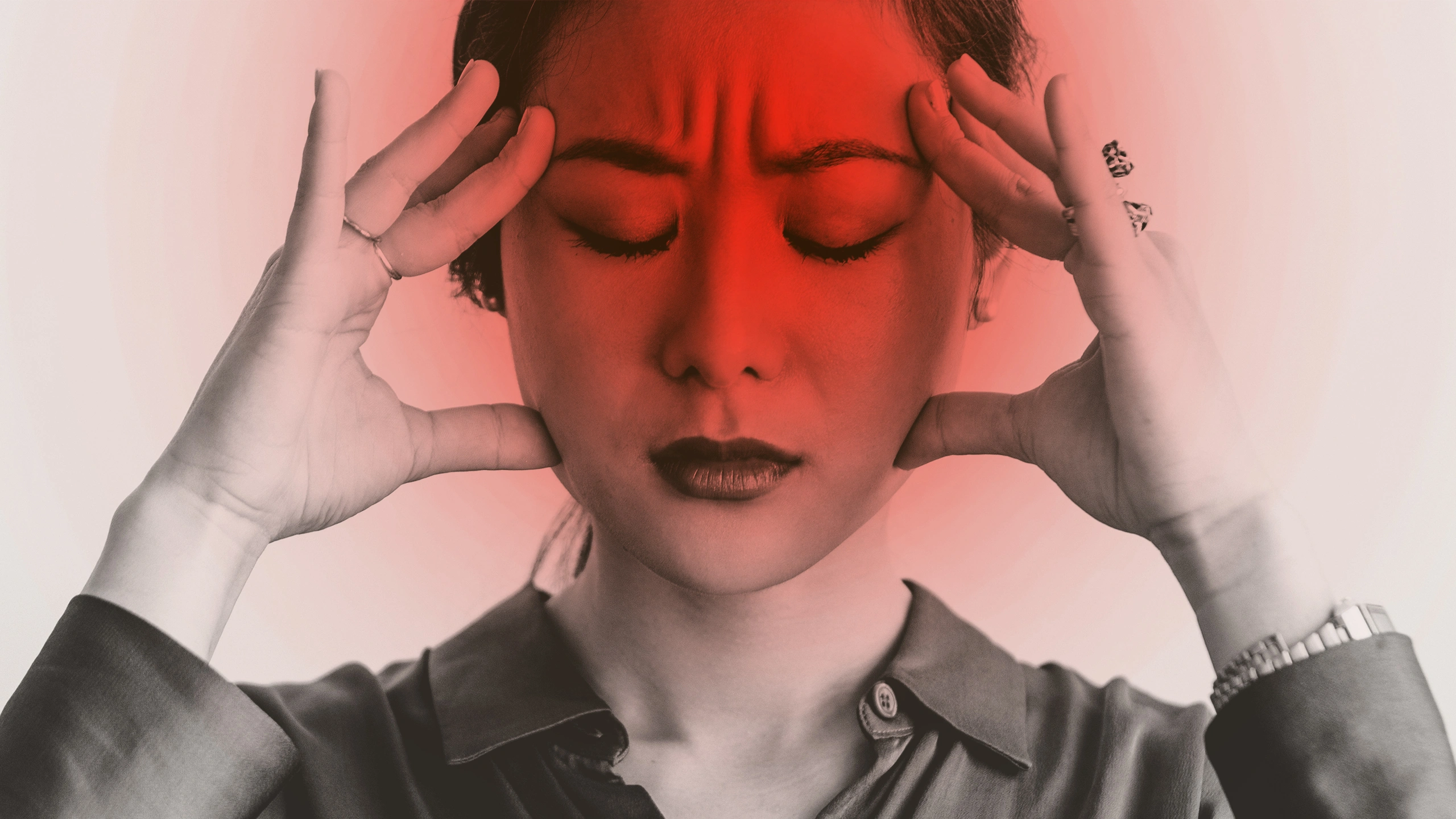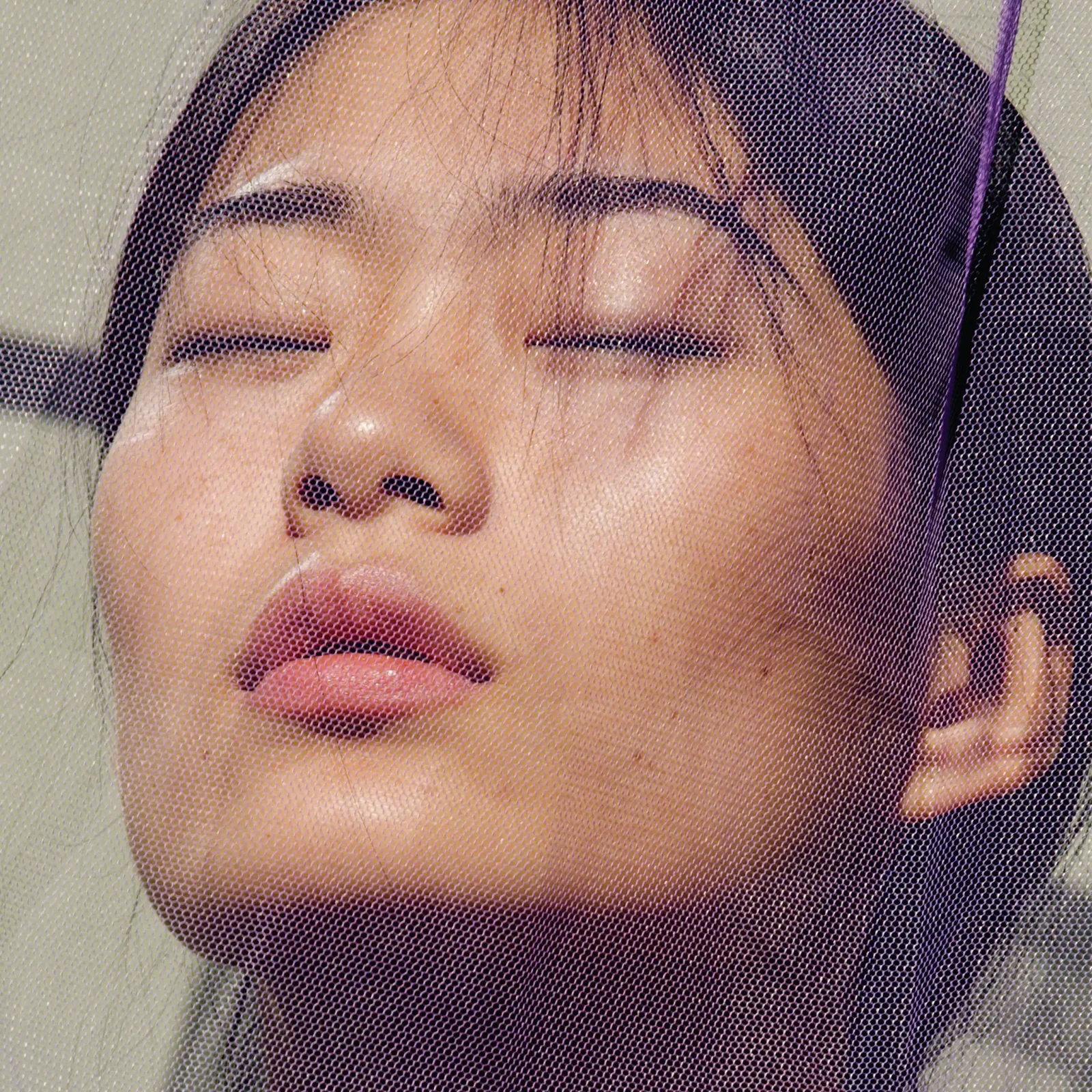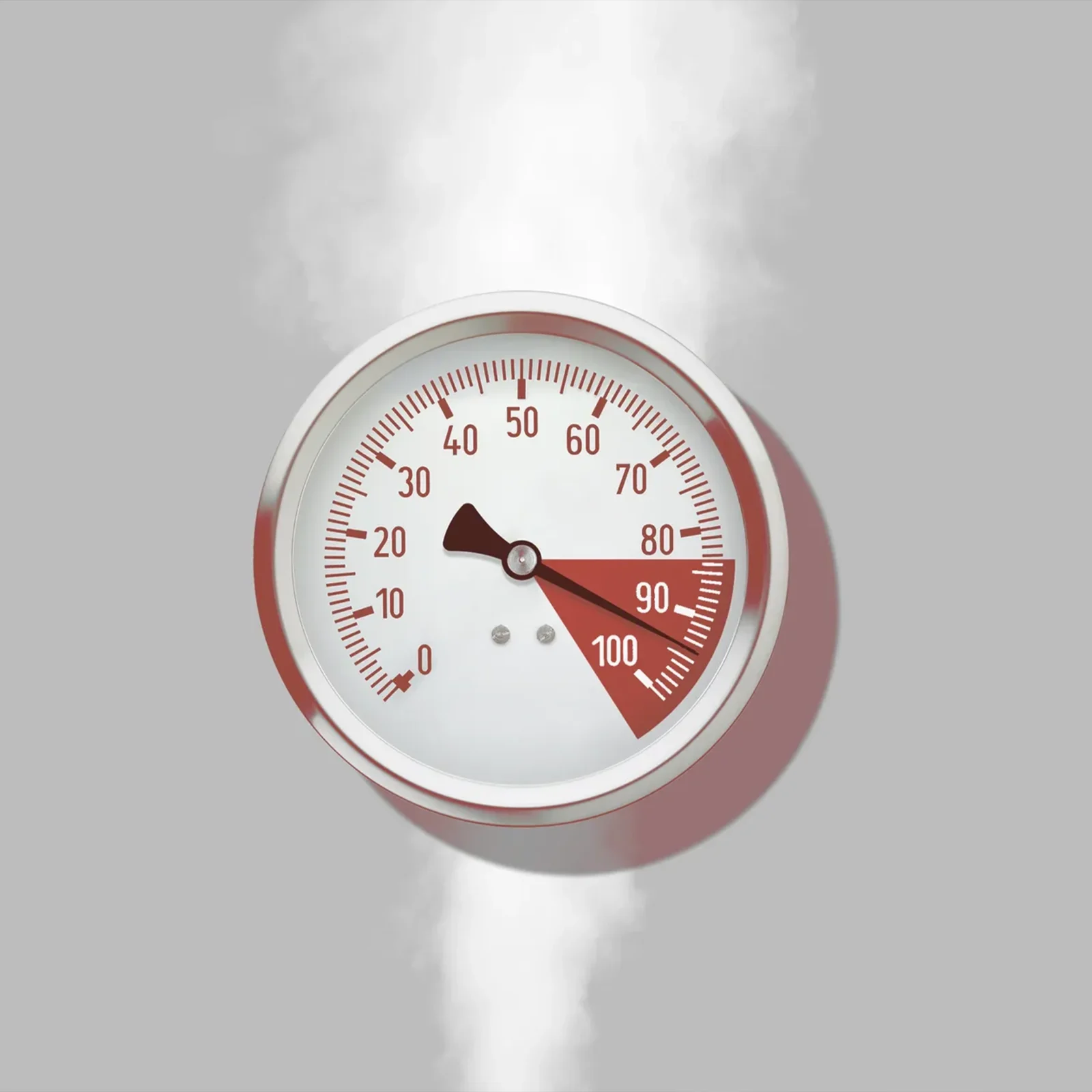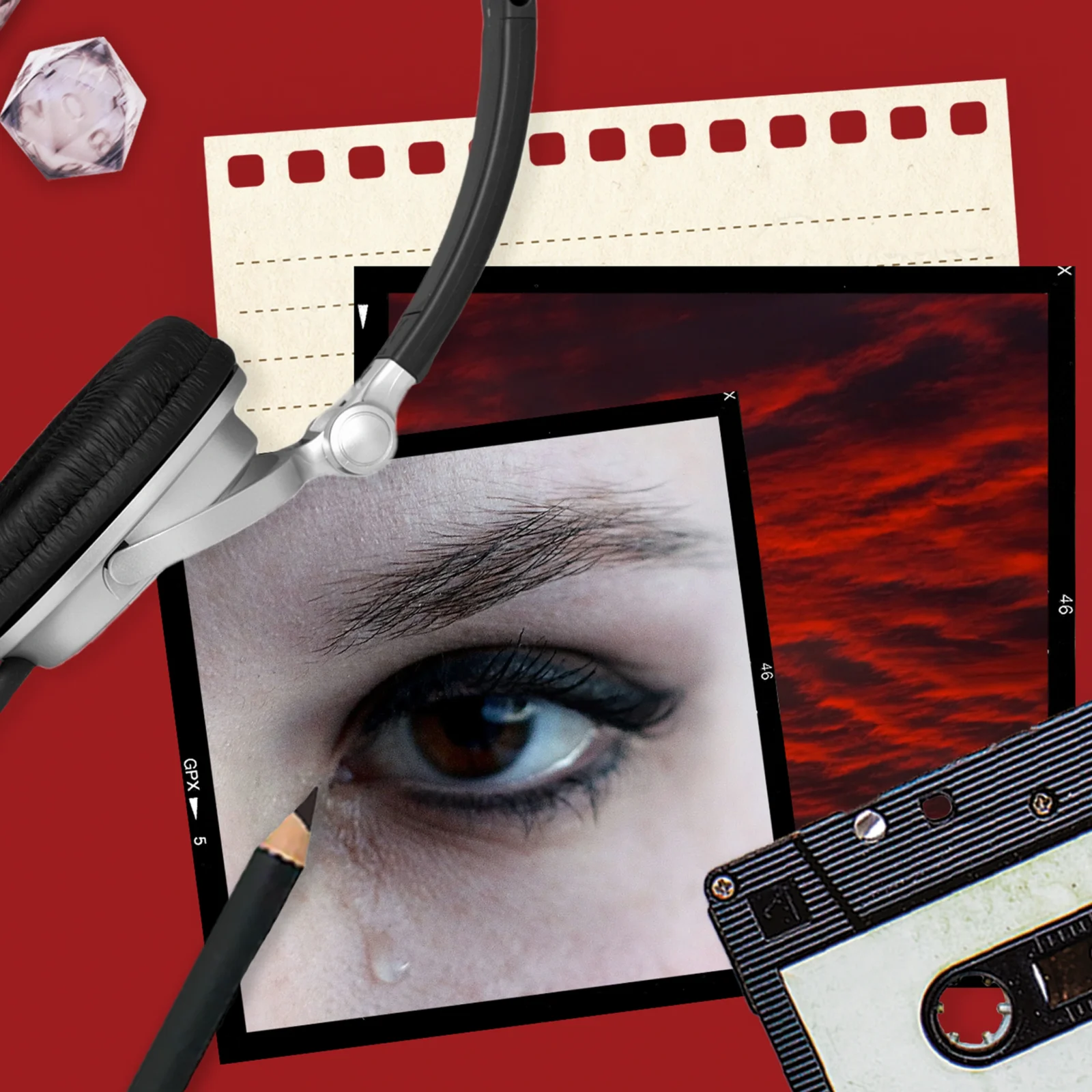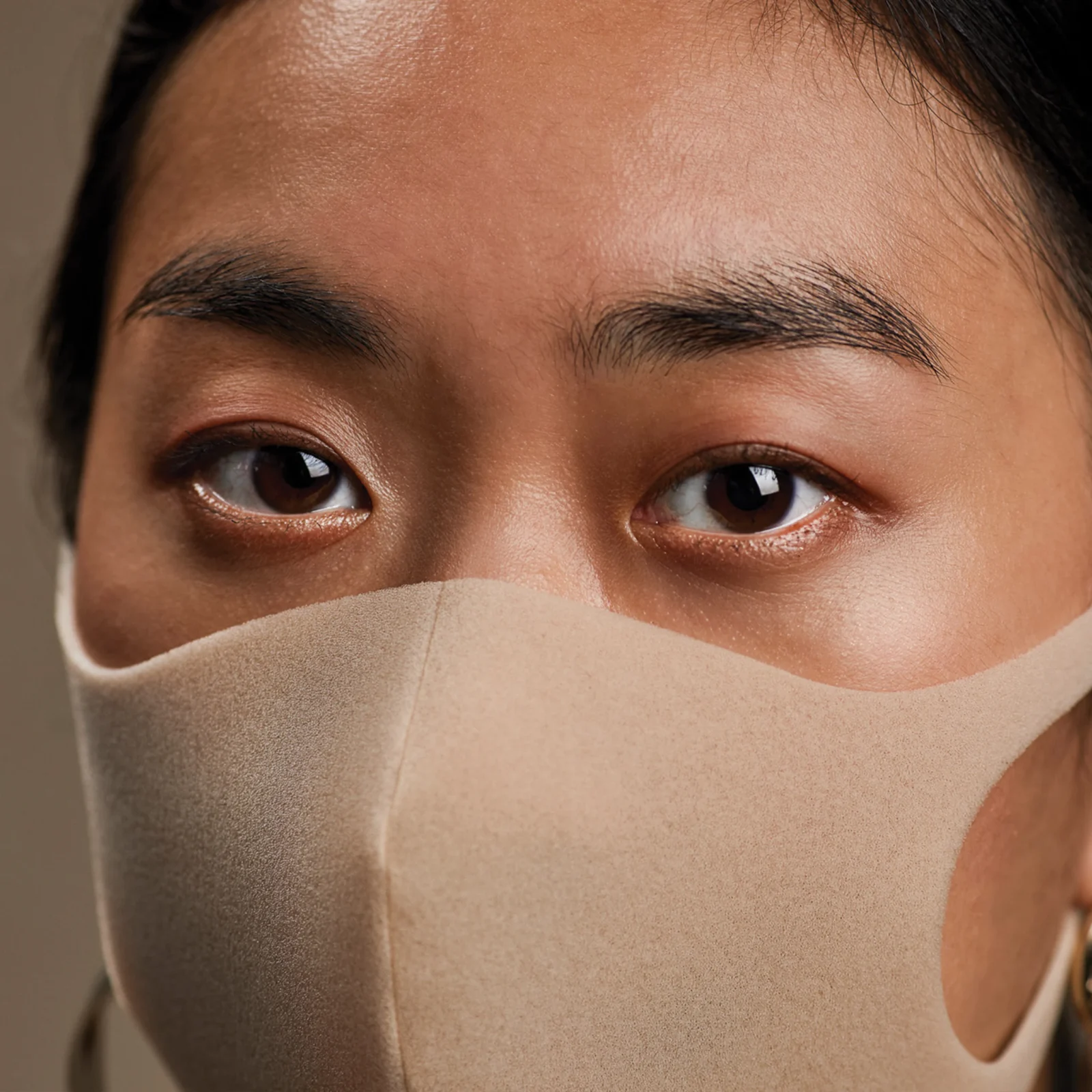How to Tell If You’re Having Hot Flashes From Menopause
Plus, doctors’ tips for finding relief from your symptoms.
By Ashley Abramson and Anya Granados
Whether you’ve been randomly sweating during the day or waking up soaked in the middle of the night, heating up on the regular could make you wonder if you’re approaching menopause. Good question. Hot flashes, which can happen when your estrogen levels start to dip, are a tell-tale sign of this hormonal milestone.
But these uncomfortable, sweat-drenched episodes can happen for plenty of other reasons too. Understanding what you’re experiencing — menopause or otherwise — can help you pinpoint the best way to manage them.
Below, learn from OB-GYNs about what causes these sudden temperature changes, what they feel like, and how to tell if you’re experiencing a hot flash that could be related to menopause.
Meet the experts:
Anna Barbieri, MD, is an assistant clinical professor of obstetrics and gynecology at the Icahn School of Medicine at Mount Sinai in New York City
Barbara Schroeder, MD, is an OB-GYN with UTHealth Houston in Texas
Margaret Cristi-Limson, MD, is an OB-REI with the Makati Medical Center in Metro Manila
In this story:
What, exactly, is a hot flash?
How to tell if your hot flash could be related to menopause
What to do if you’re having hot flashes
What, exactly, is a hot flash?
Often, a hot flash starts as a feeling of heat in the chest and spreads up the torso into the face, Margaret Cristi-Limson, MD, an OB-REI with the Makati Medical Center in Metro Manila, tells Allure Philippines. You may feel flushed or turn red, and you might also start to sweat. “It feels like your body is heating up,” says Dr. Limson. Though hot flashes are typically associated with menopause, its underlying cause isn’t completely understood.
You may also experience night sweats, which are hot flashes’ nocturnal siblings. “Night sweats are the same principle, but they happen at night,” says Barbara Schroeder, MD, an OB-GYN with UTHealth Houston in Texas. “You get really warm so you throw the covers off, and then you may have chills as your body loses body heat.” Some women will sweat so profusely that they wake up drenched and have to change their pajamas, or even their sheets.
In a 2024 study by the Philippine Journal of Obstetrics and Gynecology, it’s outlined that during the perimenopausal period, most women experience somatic (physical symptoms such as pain and weakness), vasomotor (blood vessel contractions), sexual, and psychological symptoms that can significantly impact their quality of life. The study reports that 50 to 80 percent of women report symptoms such as hot flashes, night sweats, sleep disturbances, fatigue, and depression. In a survey of menopausal Filipino women, 83 percent reported experiencing menopausal symptoms, with 63 percent experiencing vasomotor symptoms, such as the altering of blood vessel diameter, and 79 percent psychological symptoms.
So why does this happen as you get closer to menopause? According to Schroeder, doctors aren’t 100 percent sure, but they do have some theories. Estrogen starts to drop significantly as you approach menopause, and this appears to have an effect on your hypothalamus, the part of your brain that’s responsible for regulating your body temperature.
“When estrogen goes down, it removes a brake on the hypothalamus, and we think it starts to fire irregularly and doesn’t interpret the temperature signals in a stable way,” says Anna Barbieri, MD, assistant clinical professor of obstetrics and gynecology at the Icahn School of Medicine at Mount Sinai in New York City. In other words, your body mistakenly starts to think you’re overheating, so you start sweating to keep you from getting too hot.
Hot flashes can happen for other, non-menopause reasons too. Barbieri says you might notice feeling hotter just before your period (when estrogen naturally starts to dip). And if you take birth control, you might have a hot flash when you take the placebo sugar pills because your estrogen levels are falling rapidly. Thyroid conditions and (rarely) certain cancers can cause hot flashes, and you can also experience them when you have an infection. An anxiety attack can also cause sudden flushing and sweating but those symptoms are usually accompanied by an increased heart rate and shortness of breath, which you won’t experience with a hormone-driven hot flash.
How to tell if your hot flash could be related to menopause
Most of the time, Barbieri says, persistent hot flashes are associated with changes in estrogen leading up to menopause. But if you’re not totally sure, a few key factors can help you determine whether your hot flashes might be tied to menopause — and prompt you to reach out to your medical provider for support if needed.
You’re in your forties
Your age is one of the most important clues that your hot flashes are associated with menopause. While certain factors, like smoking or chemotherapy, could cause your estrogen levels to start dipping sooner, according to Schroeder, most people start to notice menopause-related symptoms in their early- to mid-forties. So if you’re 25 and you have one hot flash, menopause is unlikely. Schroeder says the age menopause happens to you is genetically predetermined, so it could be worth checking in with your older relatives who’ve been through menopause to see when it happened for them.
Your period is changing
By definition, menopause is when you stop getting periods (because you’ve stopped ovulating). Perimenopause is the process leading up to that, and Barbieri says it can last around a decade. During that time, you’ll definitely see changes in your menstrual cycle. Your cycle could be erratic and unpredictable if your estrogen levels are on the decline, Barbieri says. You might also skip the bleeding phase altogether if you’re inching closer to life without a period.
The episodes are persistent
If you have one hot flash, or it only happens before your period, don’t be quick to assume you’re approaching menopause. When your estrogen declines, you’ll likely notice persistent symptoms that get more intense over time.
“The longer you go without a period, the less estrogen you have, and the symptoms start happening,” says Schroeder. Your period might vanish for months at a time, and then reappear. When that happens, you might notice hot flashes dissipating because your estrogen levels are rising again — but as your cycle gets longer and longer, you might start having hot flashes more frequently.
You have other menopause-related symptoms
Hot flashes probably won’t be the only sign of getting closer to menopause. As your estrogen levels start declining, Barbieri says you may also notice other symptoms of hormonal changes, such as sleep disruption, fatigue, anxiety and depression, hair loss, dry and itchy skin, and vaginal dryness.
What to do if you’re having hot flashes
Menopause-related hot flashes can be super uncomfortable, but the good news is, they’ll stop eventually. According to Barbieri, hot flashes and night sweats usually stop two years after your last period as your hormones stabilize. Until that point, there’s a lot you can do to manage them.
Limson recommends discussing with a health care provider for adequate assessment, but typically, medication, particularly hormone replacement therapy (HRT) or menopausal hormone therapy (MHT) is the most effective way to address this symptom. According to Limson, antidepressants have been shown to help alleviate symptoms, for those who prefer non-hormonal options. While herbal therapies are popular, experts generally do not recommend them due to the lack of large-scale studies supporting their efficacy. On the other hand, Limson also suggests consuming phytoestrogens—such as those found in soybeans, chickpeas, lentils, flaxseed, and beans—may offer some relief. Other strategies to manage hot flashes include dressing in thin layers, using fans or air conditioning, drinking cold beverages, and maintaining a healthy body weight.
Lifestyle changes can also make a big difference in keeping menopause-related hot flashes at bay. Limson proposes cooling down by upping your intake of cold beverages and maintaining a healthy body weight. Reducing alcohol intake, cutting down on caffeine, and skipping the spicy food can also reduce the severity of hot flashes. If you smoke, try to quit, because smoking is known to accelerate menopause (and make symptoms worse).
Not getting the relief you need, or just need help understanding what’s going on and how to deal with it all? Don’t hesitate to reach out to your OB-GYN, who should be able to help you figure out if you’re actually approaching menopause, find the right treatment, and ensure your overall well-being as you get older. As Barbieri puts it: “Menopause is a time in life where we see a number of other health concerns come up, so it’s a great time to take a more holistic assessment of your health.”
You might also like
To provide a customized ad experience, we need to know if you are of legal age in your region.
By making a selection, you agree to our Terms & Conditions.
